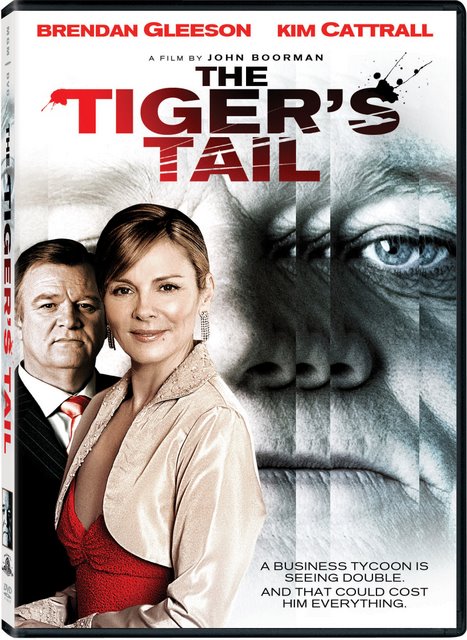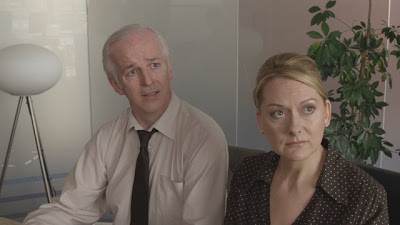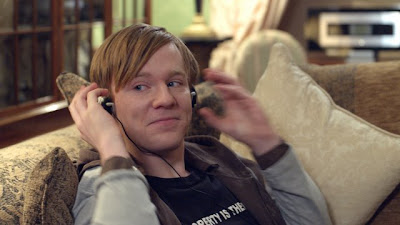Bookmark this on Delicious
Print Page
"When I was a child in the London blitz, a blockbuster was a massive bomb that could knock out a neighbourhood. The blockbuster movie, now utterly dominant and crushing better films, is set to destroy the Hollywood studios; the monster is turning on its makers. The [studio-built] blockbuster now costs so much to make and market that no one can afford them any more.
“Those of us excluded from this elite, or lacking the stomach for film-making of this order, are increasingly relegated to the mean streets of the independent film, the arthouse ghetto of low budgets and deferred fees. The independent film has to squeeze into margins and corners not occupied by the bullying blockbusters.
“Somehow we stay alive, we limp along as we wait for the blockbuster to reach critical mass and implode. In the rubble and ruins of Hollywood, we will emerge to baffle and bemuse that pre-programmed audience.”
Yet throughout his impressive career, filmmaker John Boorman has proven time and time again that he isn’t going to be content to wait until the demise of blockbusters to baffle and bemuse audiences. In fact, it’s been his unique and singular cinematic modus operandi that he’s employed from the start which is on display in such acclaimed works as the influential Point Blank, the unforgettable Deliverance and the autobiographical Hope and Glory along with so many others.
Bold and uncompromising, additionally Boorman is no stranger to tackling literary source material nor managing to find an intellectual approach to incorporate political, ethical, and humanistic themes in his varied works either in an overt context with a movie like Beyond Rangoon or subtly via his most recent release to DVD in MGM’s The Tiger’s Tail.
While obviously Boorman draws the most inspiration from the Mark Twain classic The Prince and the Pauper as a starting point for a film about doubles and doppelgangers in Dublin, he layers his contemporary morality tale with sociological issues. Furthermore and impressively managing to somehow wrap all of it up in a less than two hour running time, he captivates audiences by giving The Tiger’s Tail an intriguing Hitchockian spin a la Vertigo by lacing the work with elements of a thriller in a first rate screenplay.
In Bruges Golden Globe nominee Brendan Gleeson takes on two complicated roles in the film which first introduces us to the man as the successful capitalist Liam O’Leary who, stuck in horrific Dublin traffic on the eve he is to receive an award for his business endeavors is shocked to his core when a man who could be his identical twin starts cleaning his windshield.
Playing off the experience by simply citing stress, he jokes to a friend that when you see your double, “it means you’re gonna die,” but when Liam finds himself face-to-face with the double several more times, his wife Jane (Kim Cattrall) and son Connor worry that Liam has begun losing his grip on reality. And sure enough when the double begins interfering in his life to the point of assuming the real Liam’s identity and managing to fool Jane and Connor, Liam embarks on a search for answers.
Throughout the work, the ideas of a stolen identity, the problems of health care, church scandals, parents disinterested in their children, and the widening gap between the classes are present from the start and become very apparent when the real Liam is forced to undergo a psychiatric evaluation at an institution. Still Boorman keeps us focused on the plot first and foremost by wisely keeps things moving at a tiger-like fast and emotionally heightened pace that avoids Tiger’s Tail from becoming too much of a draining political message movie.
However, from a narrative standpoint, there are a few missteps along the way that threaten to derail us from Liam's plight. The detractors include an abrupt ending that felt like it wasn’t earned from a sympathetic standpoint involving Liam’s relationship with his son as well as a brief but disturbing assault sequence on Jane by Liam’s double. For, similar to old films where too many dames would plead “no” until melting into yes, this incident involving Jane turns what began as outright rape into a dubious plot line for Jane to genuinely fall in love with the double instead. However, it’s possible that perhaps both of these problems that affect the work may have been solved in scenes that had been left on the cutting room floor or were removed from the screenplay to necessitate a faster and more budget friendly shoot.
And while Gleeson is given quite a showcase as he easily overpowers some of the ensemble including the talented Cattrall who falls in and out of accent every so often, nonetheless the underrated Tiger’s Tail is a thought provoking film that’s well worth chasing down. While the surprisingly philosophical conclusion would have no doubt been rejected within the blockbuster system that would've instead insisted the story had cashed in on the concept of revenge, you have to applaud Boorman’s decision to stay true to his beliefs as he baffles and bemuses with an existential new work.
Text ©2009, Film Intuition, LLC; All Rights Reserved. http://www.filmintuition.com
Unauthorized Reproduction or Publication Elsewhere is Strictly Prohibited.


















